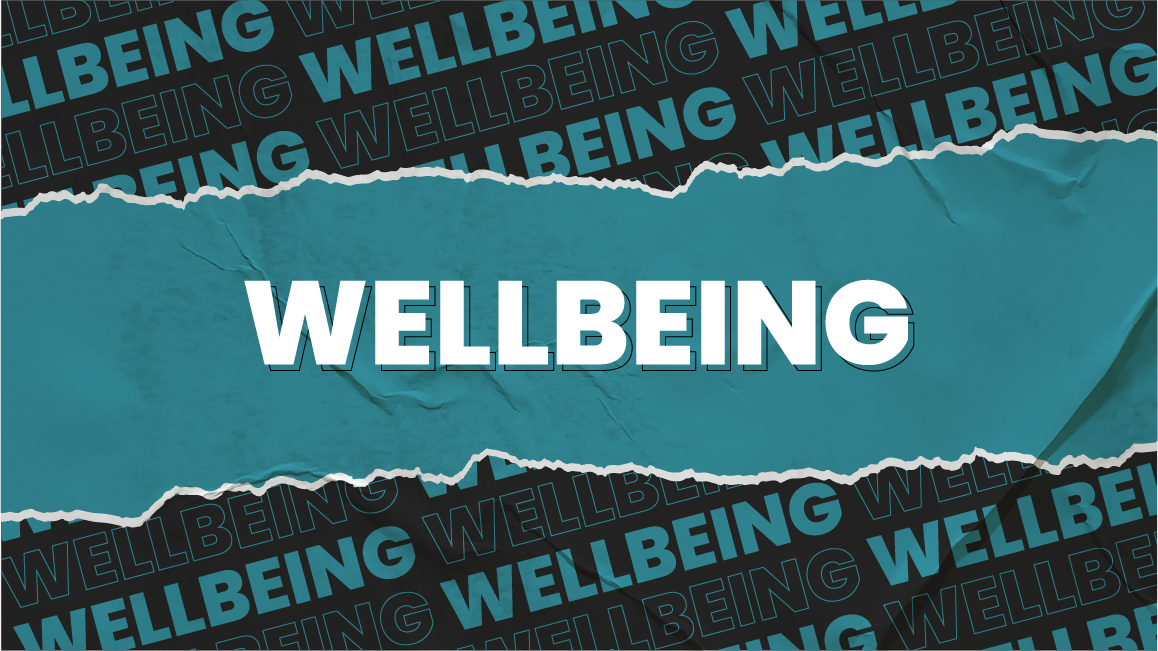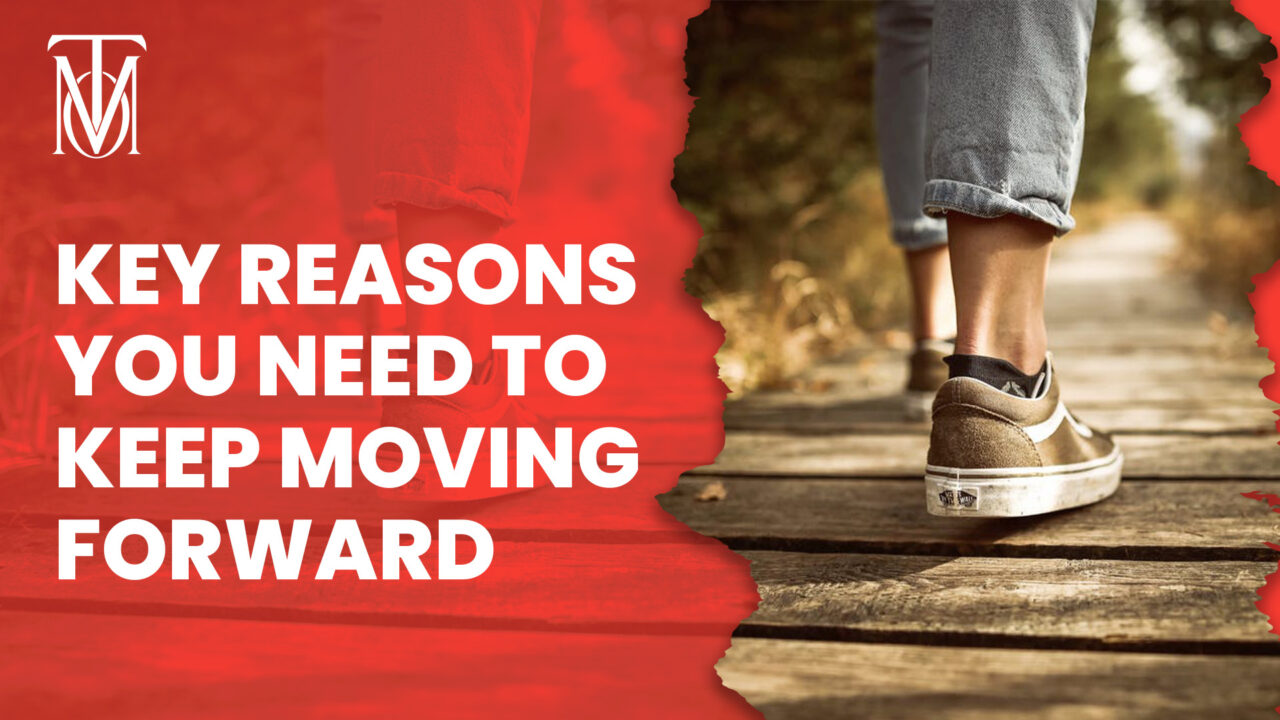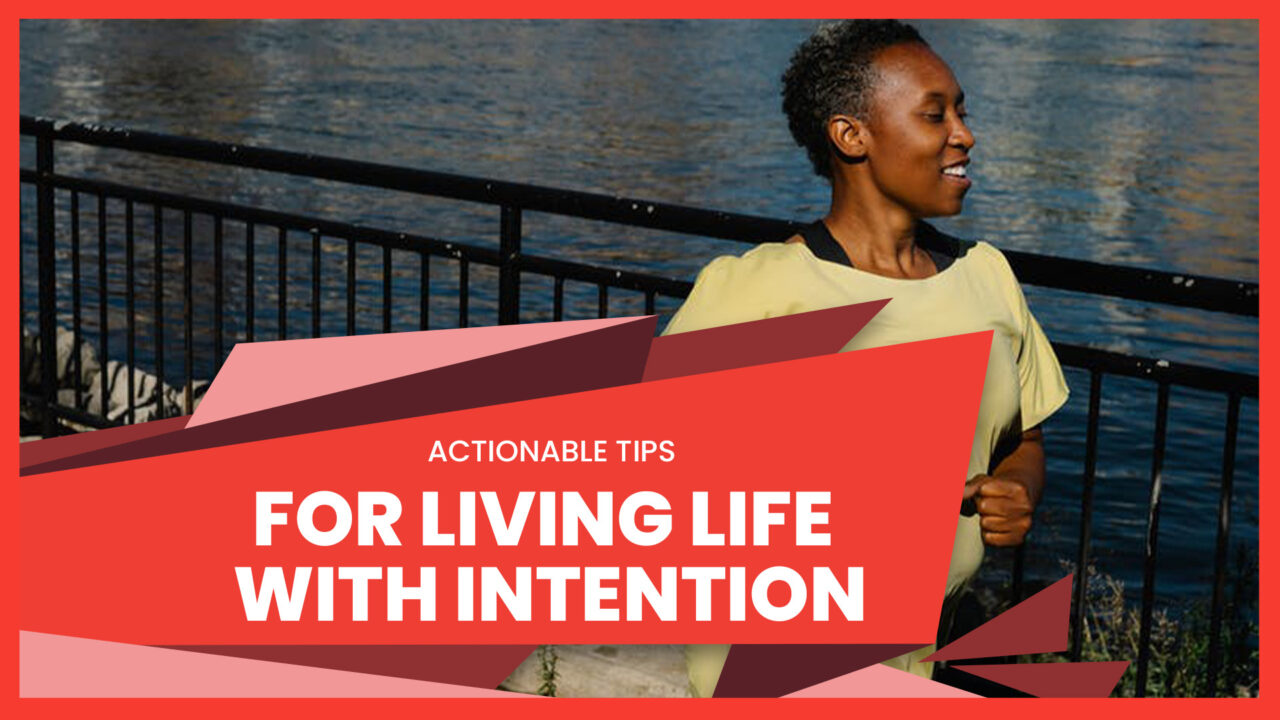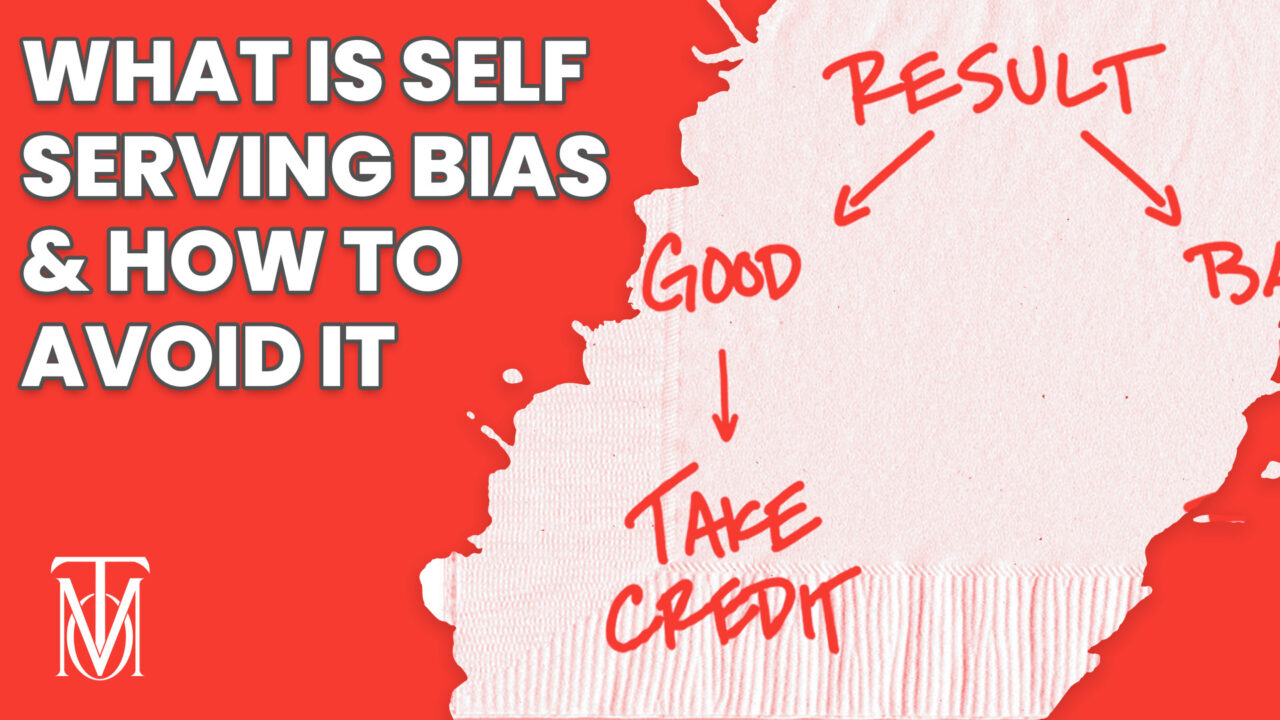Recent research found that laying blame on other people was socially infectious.
When you see someone else shift the blame for their own mistakes onto someone else, it can be hard to resist the temptation to do the same.
Researchers warn that making mistakes and blaming others might have negative consequences for everyone engaged in it, especially in the workplace.
Let us find out in this article the underlying reasons why we join the blame game and what we can do about it.
What Is Blame Shifting Means?
Its human nature to desire to protect oneself from harm when one feels threatened, similar to when bad things happen. There’s a risk that we’ll resort to falsely accusing or passing the buck to others.
It’s an instinct to want to put some space between ourselves and an issue if we’re worried that owning up to our faults will hurt our reputation or profession.
Nonetheless, this strategy never leads to a satisfactory outcome. Putting the responsibility on someone else won’t get the job done, and it won’t solve the underlying issue.
Why Do People Blame Others For Their Mistakes?
Reason #1. The Intention To Attack Someone
Blaming another person is a sneaky technique to criticize the target of your hatred.
If we harbor resentment toward another person for some reason, it can be enticing to take advantage of a chance to blame them if it arises, even if we do so consciously or subconsciously.
Whether we are conscious of the fact that we are hurting others when we place blame on them for anything, this is another strategy that we may adopt.
Reason #2. Blaming Is Part Of A Person’s Defense Mechanisms
When the results of your actions don’t go as planned, it’s simple to place the blame on someone else instead of looking at your own behavior.
Blaming others is a defensive mechanism used to avoid uncomfortable emotions like guilt or worry by diverting attention away from one’s own actions.
The defensive systems in our brains can kick in unconsciously, and it’s not uncommon for people to engage in bad behavior that they normally would not acknowledge to maintain their sense of moral superiority.
However, this becomes troublesome when it leads to constant justification and an unwillingness of accepting responsibility for one’s actions.
Blaming others is a defense technique used to avoid dealing with difficult or unpleasant events, sometimes in conjunction with denial.
Reason #3. Blaming Shields Fragile Ego
When one person blames another for their own mistakes, it’s an emotionally abusive strategy.
Here is an example of a person who avoids accountability: A person who abuses others has a hard time accepting responsibility for their actions.
Even if it seems dubious, they will go to any length to place the blame for their predicament on someone else.
All types of verbal abuse stem from a clear gap within a relationship. Shifting blame not only exalts the abuser but also provides a plausible excuse for the abuser’s inability to accept responsibility.
Adults who play the blame game rob their partners of whatever control they might have.
Many people can’t recover on their own and seek help because they notice the issue too late, and their self-esteem drops to rock bottom.
Reason #4. To Take Control Of The Situation
When we feel like we’ve lost control of a situation, blaming others is a quick and easy method to feel like we’re back in charge.
The manipulators subscribe to the philosophy that “The perfect offense is a strong defense.”
By pointing the finger elsewhere, the individual who feels wronged is forcing themselves into a defensive position.
While the victims are left with feelings of remorse and humiliation, the manipulator keeps their innocence and is free to continue as before.
Abusers frequently place blame on the people they abuse or on anybody else.
Reason #5. Blaming Is The Simplest Solution
To shift the blame for one’s failures as someone else’s fault or an outside force is a simple technique to avoid taking personal accountability.
When people are emotionally distraught or unable to find a workable solution to an issue, they often resort to placing blame elsewhere.
Let’s go down to the bare facts first. To pass the responsibility and put the blame on someone else is to absolve oneself of duty and consequences.
This is much less difficult than dealing with the fallout of accepting blame for a situation, even if it’s simply the emotional burden of guilt.
You may be successful in convincing yourself that the problems you’re experiencing are the fault of others on occasion, but more often than not, you’ll be aware that this is not the case.
However, in the heat of the moment, a falsehood might feel more comfortable than the truth.
When deciding whether to tell a falsehood or the truth, most individuals will assess the likelihood of others figuring out against the potential repercussions of being truthful and then go with their own choices that seem less difficult.
What Are The Things You May Lose By Blaming People?
- Respect of others
- Personal growth
- Personal bond
- Empathy
How Can You Stop Blaming Others?
Recognizing the problem exists is the stepping stone to recovering from bad habits like blaming others.
It may be difficult to admit your mistakes since you must face the consequences of your actions rather than avoid accountability.
Having a few reliable people in your inner circle may serve as a support system and help keep you honest.
It’s much simpler to make a change for the good when we have supportive friends and family cheering us on and gently correcting us when we stray from our new, less guilty journey.
Pay close attention to your train of thinking the next time you decide on a blunder.
What do you immediately think? Do you want to place blame on someone else, or do you want to clarify your actions and bear the blame?
It may be somewhat uncomfortable if you’re not used to it, but it’s worth the difficulty.
The best approach to learning to change this tendency is to seek professional help.
The greatest method to make lasting changes in our life would be to seek the advice of a therapist, who might help us understand how our current conduct is related to events and problems from our past.
See whether an online counselor can help you get to the bottom of your issues and learn to control your behavior in the future by chatting to one right now.
Despite the anxiety, we must have the ability to face our own faults head-on. Admitting fault isn’t pleasant, but it’s always the honorable move.















